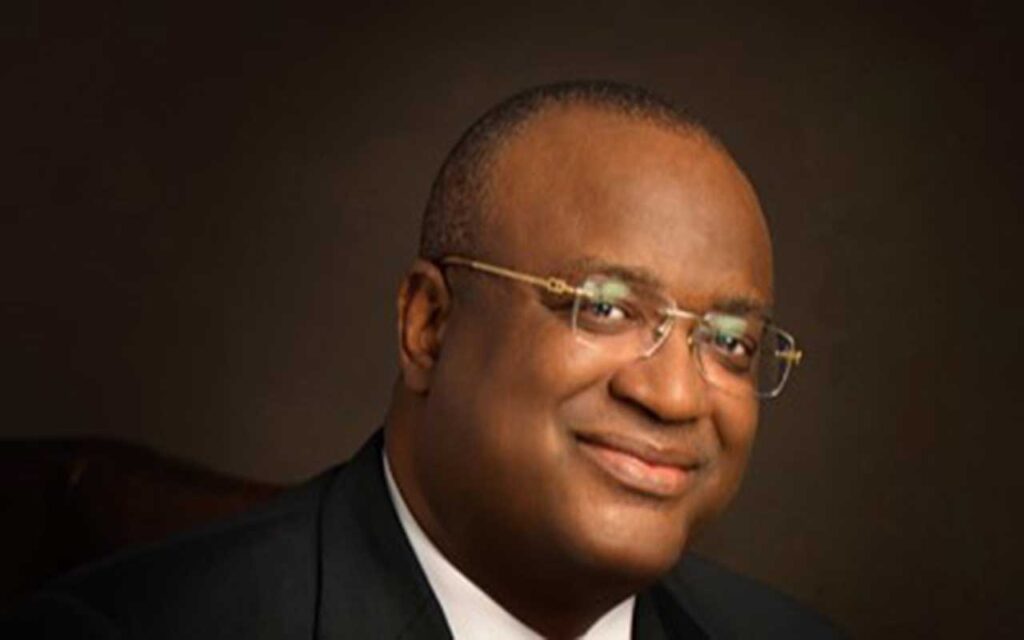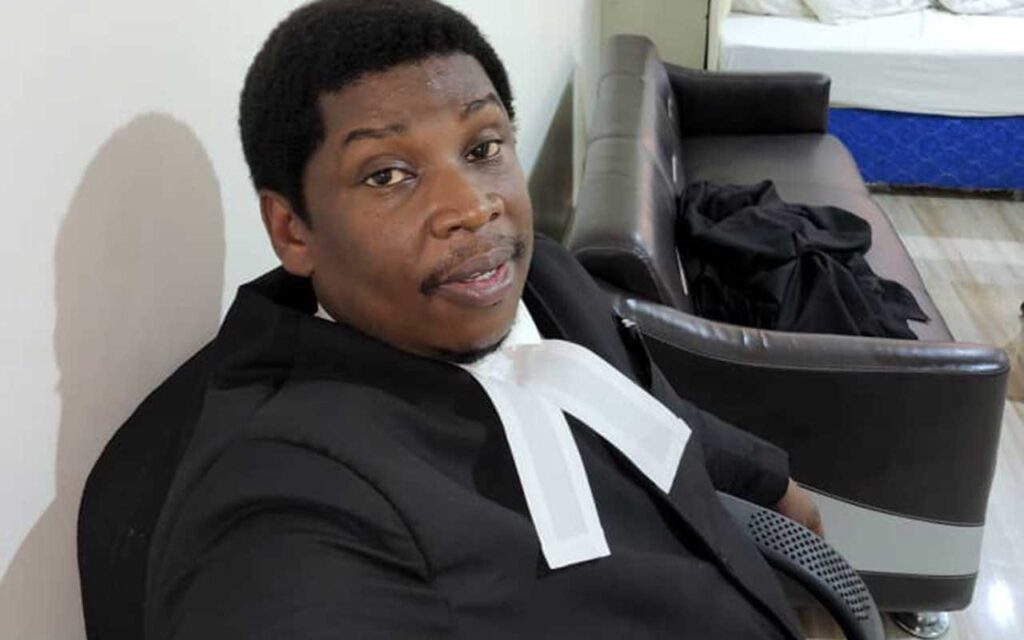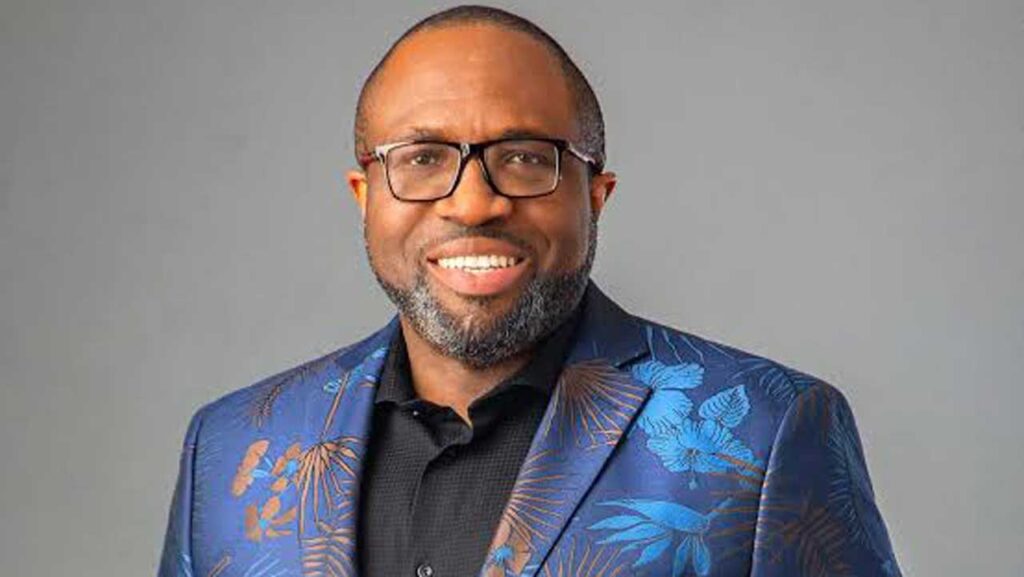A Senior Advocate of Nigeria (SAN), Chief Ladi Williams has called for the total autonomy of the Judiciary from other arms of government in other to eliminated corruption, promote efficiency and hard work at the Bar and Bench.
According to him, such would ultimately lead to the enhancement of the legal profession.
Williams was speaking on the topic: “Enhancing the legal profession, the role of the Bench and Bar” at the 4th Annual Chief Judge’s Dinner and maiden Awards Night organized by the Anambra State Judiciary.
Also speaking at the programme, the Chief Judge of Anambra State and host, Justice Peter N. C. Umeadi described the event as not only great and fantastic in planning and organization but was also rich in attendance and presentations.
Justice Umeadi said: “I think that the aim would be to continue to lay building blocks on the agreed mould which this yearly dinner would take. It is essentially a dinner for the Judiciary of Anambra State, where we have the pleasure to invite our guests from the Executive and Legislative arms of government of Anambra State. It is hoped that as each edition come, the dinner will serve as a platform for the three arms of government in Anambra State to talk to each other without rancor under one roof. We hope too that the presence of fun and festive atmosphere would elicit candor to enable the three arms of government to discover ways in which they could better relate for the smooth running of the machinery of government in the State for the utmost benefit of its people.
On the disciplinary methodology in the Judiciary, Williams said: “The disciplinary mechanism of the National Judicial Council (NJC) is provided for under Section 21(b)(d) of the Third Schedule of the 1999 Constitution (as Amended). Under the section, the NJC is empowered to investigate or inquire into complaints on the conduct of Judges in order to determine their suitability to continue as judicial officers and recommend their removal from office to the President or the Governor as the case may be’’.
He said that in exercising the disciplinary control, the NJC engages in receiving complaints, conducting investigation into the complaints, asking judge to respond to the complaints, hearing from the person who made the complaint and taking decision either exonerating the judge or in serious cases recommending that the judge be sanctioned.
“For timely judicial reform, we must continue to emphasize on corruption, not because it is prevalent but because it is totally unacceptable in our profession. Most Nigerian Judges are honest but the corrupt ones are in the minority.
That is why the NJC is determined at ridding the judiciary of corrupt and indolent judicial officers. The judiciary is populated by Ladies and Gentlemen of the highest integrity but we have a few bad eggs so bad that they have exhibited the potentials of destroying the judiciary and by extension this Nation.
“We are enjoined to know our judges and for ease of reference, I categorized our judges into the following groups: The corrupt but erudite judges, the incompetent but hardworking judges, the lazy but God-fearing judges, the model judges who are erudite, incorruptible, competent, hardworking, and God fearing.
“I am pleased to say that some of our judges both present and past in the likes of Justice Anthony I. lguh (JSC) rtd, Pioneer Chief Judge of the present Anambra State, Late Justice Nnamani, Justice Ajike JSC, Late Justice Charles Dadi Onyeama, Late Justice Chukwudifu-Oputa, Late Justice Fatai Williams, Late Justice Adetokunbo Ademola (Former CJN), Justice Niki Tobi, Late Justice Bello, Justice M. L. Uwais ( CJN) rtd, Justice Idris L. Kutigi (CJN) rtd, Late Justice Madarikan, Late Justice Kayode Esho (JSC) and many others too numerous to mention belong to the 4th category of model Judges, while the minority or the very few belong to either first, second or third group”, he pointed out.
He insisted that the appointment of members of the Judicial Service Commission (JSC) should be transparent. He said: “There is need to appoint Senior Advocates of Nigeria (SANS), competent senior lawyers and retired Judge in the Judicial Reform Committee.
NJC and LPDC should be more decisive in their roles if corruption and inefficiency are to be eliminated to their barest minimum in the Legal Profession. Proper and adequate funding of the Judiciary and financial autonomy is the way to go.”











